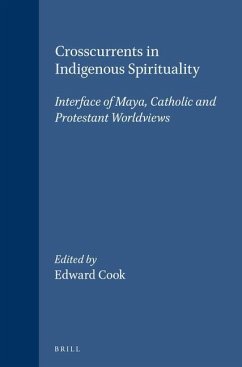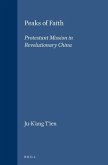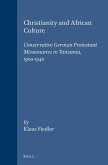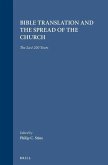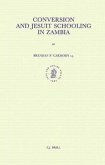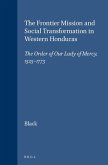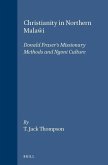The resurgence of indigenous cultures and the reappearance of their ancient spiritualities, during the 1990s, is of great interest to social scientists. Several such cultures are featured in this book. The indigenous populations of struggling multi-ethnic 'democracies' in Latin America are demanding to be integrated into the national mainstream, together with their holistic values of family, economics and ecology. Institutional Christianity is being challenged by indigenous theologies that are critical of both traditional Christianity and liberation theology. While some see here a danger of syncretism, these developments can be experienced as a breath of fresh air. This book is an attempt to allow religious spokespersons from a very ancient and creative civilization to share their faith, which has remained hidden for five centuries.

